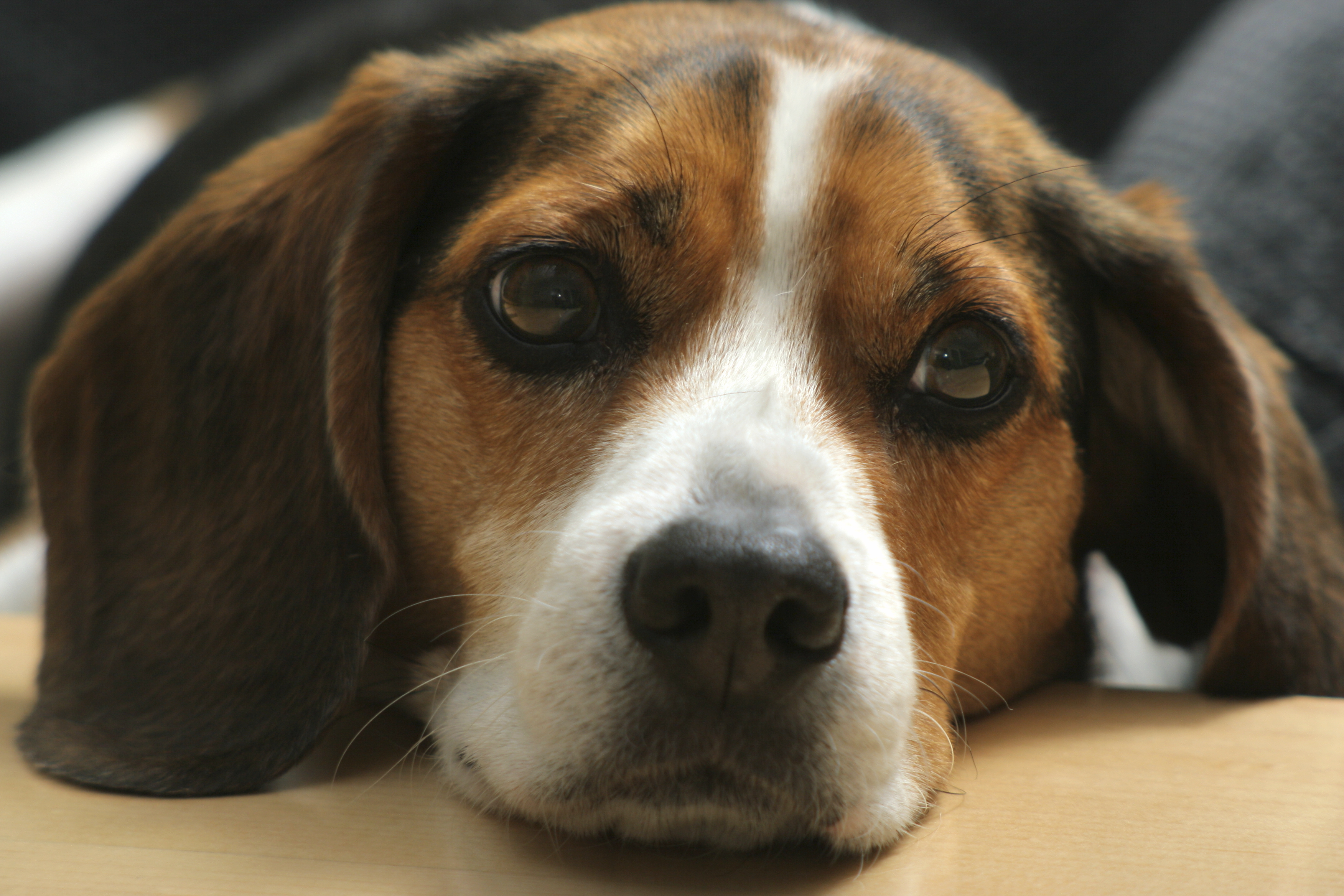The More You Know: Preventing Accidental Pet Poisoning
 We do everything we can to protect our pets from the dangers of the world; we walk them on leashes, have them microchipped, shelter them from the elements, feed them nutritious diets, and bring them in for regular wellness exams. In our efforts to keep our pets safe, many of us overlook the potential for accidental pet poisoning in and around our homes.
We do everything we can to protect our pets from the dangers of the world; we walk them on leashes, have them microchipped, shelter them from the elements, feed them nutritious diets, and bring them in for regular wellness exams. In our efforts to keep our pets safe, many of us overlook the potential for accidental pet poisoning in and around our homes.
March 20th marks the beginning of National Poison Prevention Week. While this event is intended to educate the public about the dangers of accidental poisonings in children, we’d like to take the opportunity to extend this awareness to include our pets.
Pet poison situations are one of the leading causes of pet emergencies, but with awareness and a little elbow grease, we hope to turn this sad statistic around, one pet at a time.
Pet Poisoning Awareness In The Home
Many of our common household items, including chemicals, plants, and food, can pose a danger to our pets. Take a discerning look around your home and remove or secure any potential pet poisons such as:
- People food, including, chocolate, anything including the artificial sweetener xylitol, alcohol, grapes, macadamia nuts, coffee grounds, onions, and fatty meats
- Garbage and food scraps
- Prescription and over-the-counter medications, including, acetaminophen, anti-inflammatories, ADHD medications, antidepressants, sleep aides, birth control pills, thyroid hormones, blood pressure medications, heart medications, cholesterol lowering agents, and asthma inhalers
- Pet medications
- Household cleaners and other chemicals
- Personal care items such as toothpaste, cosmetics, and shampoo
- Houseplants such as lilies (extremely toxic to cats), philodendrons, English ivy, aloe, and holly.
Safety tip: Backpacks, purses, and coats often contain treats, medications, and other potential pet toxins without us realizing it. When in doubt, keep these items out of reach of curious pets.
Yard And Garage Safety
Spring is right around the corner, and what better time to clear away or secure any possible pet poisons from the outside of your home? Be on the lookout for the following items during your spring-cleaning this year:
- Poisonous outdoor plants and shrubbery such as rhododendrons, azaleas, laurels, and oleander.
- Bone meal, blood meal, and other fertilizers and soil amenders
- Compost (may contain coffee grounds or other potential hazards)
- Pesticides, rodenticides, herbicides, and other lawn and garden chemicals
- Cocoa hull mulch
Extreme caution should be taken to ensure that pets never come into contact with antifreeze and other automotive fluids. Clean up any spills or leaks as soon as they occur and keep containers tightly sealed and out of your pet’s reach.
What To Do In A Pet Poisoning Emergency
Despite our best intentions, an accidental pet poisoning can happen to any of us. Time is of the essence if your pet has ingested a poisonous substance, and having a plan in place ahead of time can make all the difference:
Safeguard – Remove your pet from the area immediately. Collect any evidence of the substance your pet has ingested, including wrappers, containers, and leftovers, as this information will come in handy when speaking with poison control or your veterinarian.
Speed dial – Keep the following phone numbers nearby in case of a pet poisoning emergency:
- ASPCA Animal Poison Control Center: (888) 426-4435
- Pet Poison Helpline: (855) 764-7661
- Lone Tree Veterinary Medical Center: (303) 708-8050
Supplies – The poison hotlines often charge a consult fee, so be sure to have your credit or debit card ready. You will also need a paper and pen available to record any instructions given to you over the phone as well as the case number assigned to your pet.
At Lone Tree Veterinary Medical Center, we are equipped to deal with your pet emergency. If your pet needs emergency care outside of our regular business hours, our phone message will direct you to a nearby veterinary emergency hospital.



